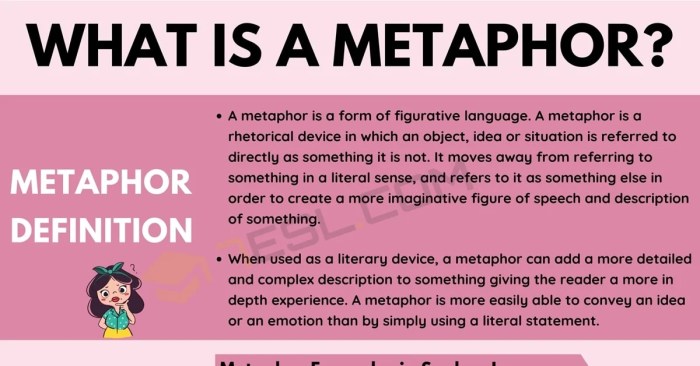Names/nombres by julia alvarez questions and answers pdf – Unveiling the significance of names in Julia Alvarez’s “Names/Nombres,” this exploration delves into the intricate tapestry of literary devices, cultural identity, and historical context that shape the novel’s narrative. Through a comprehensive analysis of naming practices and traditions, we uncover the profound impact names have on the characters’ identities and the broader socio-political landscape.
Alvarez’s masterful use of symbolism, imagery, and metaphors interwoven with the characters’ names invites readers to ponder the complex interplay between personal identity, cultural heritage, and the transformative power of names.
Names/Nombres by Julia Alvarez: Literary Devices
Significance of Names in the Novel
Names in the novel play a crucial role in shaping the characters’ identities and reflecting their cultural heritage. Alvarez uses names to explore themes of cultural assimilation, acculturation, and the complexities of identity.
Symbolism Associated with Different Names, Names/nombres by julia alvarez questions and answers pdf
Each name in the novel carries specific symbolism that contributes to the characters’ development. For instance, the protagonist’s name, “Yo,” symbolizes her evolving identity as she navigates between her Dominican and American cultures.
Use of Imagery and Metaphors Related to Names
Alvarez employs vivid imagery and metaphors to create a rich tapestry of associations around names. She describes Yo’s name as “a whisper of wind” and “a question mark,” evoking the fluidity and uncertainty of her identity.
Cultural Identity and Names

Names as Reflections of Cultural Heritage
The characters’ names in the novel reflect their diverse cultural backgrounds. Dominican names, such as “Tía Mita” and “Papá,” evoke the traditions and customs of the Dominican Republic. American names, such as “Sarah” and “John,” represent the influence of American culture on the characters’ lives.
Impact of Assimilation and Acculturation on Names
Assimilation and acculturation play a significant role in shaping the characters’ names. Some characters, like Yo, adopt Americanized names to fit into their new environment, while others, like Mami, cling to their Dominican names as a symbol of their cultural identity.
Use of Spanish and English Names in the Novel
Alvarez’s use of both Spanish and English names in the novel highlights the linguistic and cultural duality of the characters’ experiences. Spanish names, such as “Miguel” and “Luisa,” preserve the characters’ Dominican heritage, while English names, such as “Michael” and “Louise,” represent their adaptation to American society.
Naming Practices and Traditions: Names/nombres By Julia Alvarez Questions And Answers Pdf

Naming Practices and Traditions Depicted in the Novel
The novel portrays various naming practices and traditions, including the use of patron saints, nicknames, and family names. These practices reflect the cultural and social norms of the characters’ Dominican and American communities.
Comparison and Contrast of Naming Customs in Different Cultures
Alvarez compares and contrasts naming customs in Dominican and American cultures. Dominican naming traditions emphasize the importance of family and religion, while American naming customs prioritize individuality and personal choice.
Role of Family and Community in Naming Children
In the novel, family and community play a vital role in naming children. Parents often choose names that honor their ancestors or reflect their cultural heritage. The community also influences naming practices through traditions and social expectations.
Name Changes and Identity

Significance of Name Changes in the Novel
Name changes in the novel serve as catalysts for personal transformation and identity development. Characters like Yo and Miguel change their names to embrace new aspects of themselves or to distance themselves from their past.
Characters’ Motivations for Changing Their Names
The characters’ motivations for changing their names vary. Some, like Yo, seek to create a new identity that aligns with their evolving self-perception. Others, like Miguel, change their names to escape the stigma associated with their Dominican heritage.
Impact of Name Changes on the Characters’ Identities
Name changes have a profound impact on the characters’ identities. By adopting new names, they reshape their sense of self and the way they are perceived by others.
Detailed FAQs
What is the significance of names in “Names/Nombres”?
Names in the novel serve as symbols of cultural heritage, personal identity, and the characters’ evolving relationship with their surroundings.
How does the novel explore the impact of assimilation and acculturation on names?
Alvarez depicts the tension between preserving cultural heritage through names and the pressures of assimilation, as characters navigate the complexities of adapting to new cultural contexts.
What role do naming practices and traditions play in the novel?
The novel examines the cultural and familial traditions surrounding naming, highlighting the influence of family history, societal expectations, and personal preferences.
